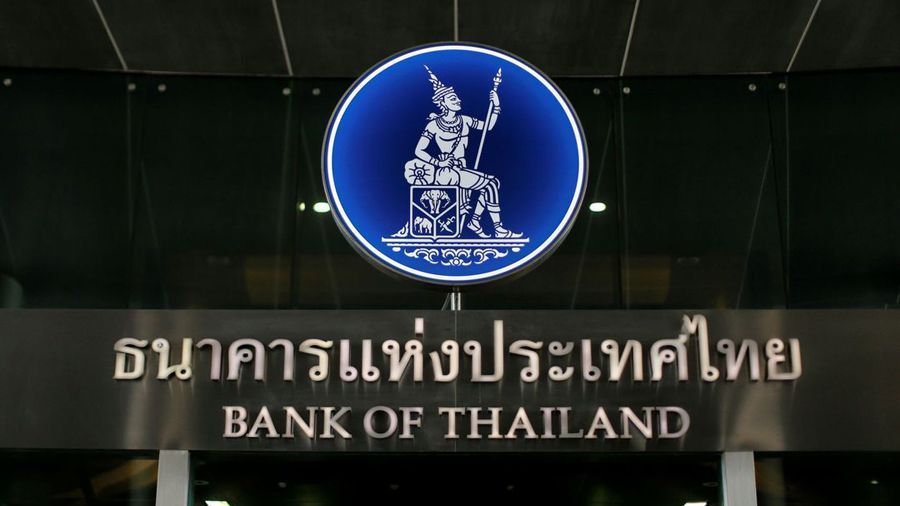Analysts at the Central Bank of Thailand (BoT) have proposed three ways to avoid the negative impact of the release of retail government digital currency on the country’s financial sector.
Along with many other central banks, the Bank of Thailand is also exploring the possibility of issuing a digital currency and plans to start testing it as early as next year.
In a recent study, BoT has focused on retail digital currencies that will be available to a wide audience. Previously, Bank of Thailand analysts said that under certain circumstances, people can completely switch from using fiat currency to a state stablecoin. This can negatively affect the country’s monetary policy and “knock down” the activities of financial institutions.
BoT highlighted several factors that will help avoid risks to the country’s financial stability in the event of a retail digital baht launch. First, the digital Thai Baht should function like cash and be interest-free. Secondly, banks and any organizations that will act as an intermediary between the state stablecoin and the citizens of Thailand should interact with it. Third, BoT analysts have proposed setting limits for digital baht conversion.
In their opinion, the proposed measures will prevent the competition of the retail digital currency of the Central Bank of Thailand with bank deposits. Banks and credit institutions will be able to retain their role as an intermediary in the provision of loans, as well as in the management of liquidity in the financial system. BoT analysts believe these measures will protect financial institutions from possible negative impacts associated with the introduction of the digital baht.
BoT predicts that public demand for retail digital currency will only grow over time. This will lead to the fact that in the future it will be used as an alternative to cash and existing forms of electronic money. In addition, BoT revealed details of a pilot project to launch a retail state-owned cryptocurrency and test it.
The project will be implemented in two directions. The first testing – “Foundation Track” – will begin in the second quarter of 2022. Researchers will test how the digital baht can be converted into regular money, and how it will be used to conduct monetary transactions, including to pay for goods and services.
The second test – “Innovation Track” – will be more ambitious, as it involves exploring new uses for the central bank’s digital currency. The roadmap for this type of testing is not yet complete, as BoT is still thinking about the format of the pilot and evaluating who can take part in it.
In June, the Central Bank of Thailand announced the development of a prototype of a new payment system, with the help of which financial institutions will be able to carry out settlements using government cryptocurrencies. The regulator previously warned that stablecoins pegged to the Thai baht are considered “illegal” and the Thai authorities will not be able to protect traders from fraud.







